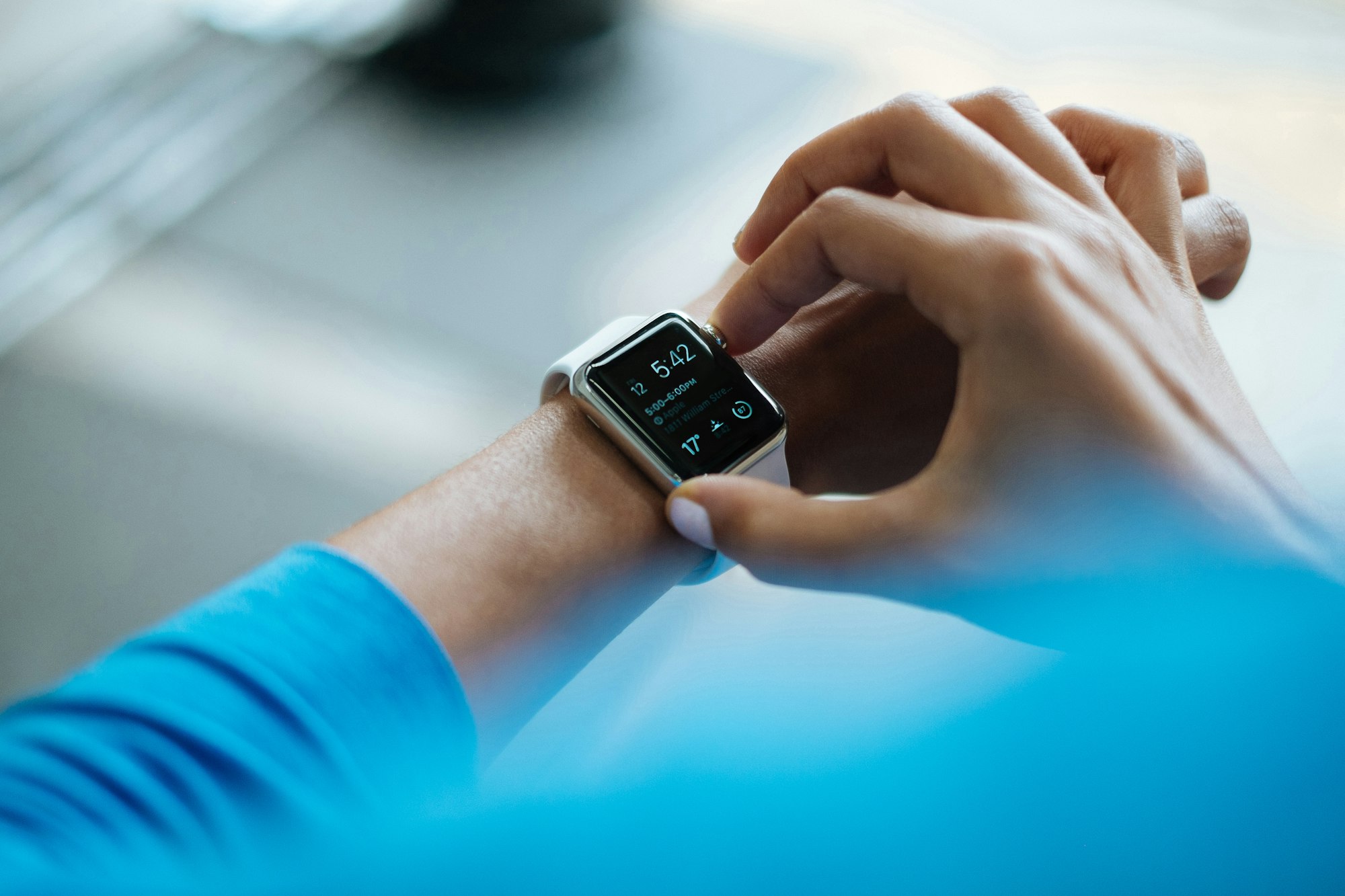Emerging Technologies in Clinical Research
Many of the technologies that are ubiquitous in business and personal life can also be used to advance medical research. Smart devices that track health data, teleconferencing platforms, and even blockchain give researchers new reach and flexibility in conducting clinical trials.

Table of Contents
Using Blockchain in Clinical Research
Using Telemedicine for Clinical Trial Participation
How Wearable Devices Help Data Collection
Benefits of Decentralizing Clinical Trials
Medical and scientific research are seeing incredible benefits from technological advances. Investigators have long used cutting-edge software along with the latest medical and lab equipment to conduct research. Now, researchers are finding ways to utilize everyday technologies like videoconferencing, secure data collection, and wearable tech in clinical research to improve how they conduct clinical trials.
Advanced data-gathering tools and other telemedicine technology trends in clinical trials enable individuals to participate in trials from the comfort of their homes. This can increase diversity among participants, enhance understanding of how therapies work in daily life, and make research less costly by reducing participant travel expenses.

Using Blockchain in Clinical Research
Most people think of blockchain as a tool for commerce or logistics. But blockchain has significant implications for collecting data from participants in clinical trials. Blockchain tools can safely collect time-stamped data and log it in a shared database. Attempts to change data after it's logged produce an additional time stamp to make it clear that information was modified. This step is crucial for reducing the risk of changing or manipulating data.
Blockchain data can also be anonymized to protect participant privacy. Moreover, study participants using a blockchain platform to enter information may retain partial control of the data they submit. They can then decide to share that information with researchers conducting future trials. This creates a bigger data pool for researchers to use when designing new studies, making more studies possible in the long term.
Using Telemedicine for Clinical Trial Participation
One of the challenges in recruiting participants for clinical trials has been geography. In the past, participants needed to be able to come to the research site periodically. This meant living near the site or finding financial support so they could travel to it. Often, this limited the available participant pool, slowing down the study's progress.
As telemedicine technologies have advanced and geographic barriers have disappeared, researchers have found more flexibility in recruiting participants. There are emerging online platforms for study recruitment. New apps allow investigators to connect with interested participants using tailored searches. The apps can facilitate follow-up questionnaires and interviews prior to enrolling participants. They can also help researchers with the informed consent process and store relevant paperwork.
Once studies are underway, investigators can use telemedicine tools to monitor study participants remotely. Participants can check in using videoconferencing apps or complete surveys using online platforms. This reduces the time participants need to commit to the study by eliminating commuting or traveling to the research site.

How Wearable Devices Help Data Collection
Wearable technology is popular for tracking fitness data, step counts, and heart rate at home. It has also become a valuable tool for researchers in gathering personal health data. Consumer devices like smartwatches, connected exercise equipment, and other popular technologies connect and synchronize health info like heart rate, blood pressure, sleep patterns, and menstrual cycles. This information can be reported to researchers when applicable to the study.
Clinical-grade equipment is also available for monitoring other health markers. Remote telemetry devices can provide more acute measures of cardiac activity than smartwatches, which is useful in research as well as in hospital-to-home care. Glucose monitoring and insulin pumps log data that researchers can use in studies relating to diabetes or related conditions. Some sleep study equipment can be used at home as well.
The data from these devices can automatically synchronize so participants don't have to input information manually. This reduces the risk of error and makes participation less labor-intensive.
Benefits of Decentralizing Clinical Trials
Digital technology that allows remote participation in clinical trials may improve trial results by decentralizing study activities and diversifying participation. Researchers have been working to increase diversity among clinical trial participants in recent years. Telemedicine offers a way to accomplish that.
Travel and appointment logistics can be significant barriers for many potential participants. Members of ethnic and racial minority groups are disproportionately more likely to live far from research sites, limiting their ability to enroll in trials. People with disabilities or older adults may have mobility challenges that make it difficult to arrange multiple visits to a research site. Experts hope that offering the options of remote participation will reduce those challenges and increase recruiting among groups that have been underrepresented in clinical trials in the past.
More Complete Data Collection
In addition to improving participation, remote monitoring allows more frequent data collection. The data can also be collated against information about the participants' daily activities. With the traditional trial design, data was often gathered only during a finite number of clinical visits during the study period. Remote data, particularly continuous tracking, can be more robust.
All clinical trials rely on the help of people who participate in the research. If you want to learn more about medical research and how you can participate in a clinical trial, connect with StudyPages and sign up for our free Pulse Newsletter. Our platform helps you join real clinical studies and take part in the advancement of healthcare research.